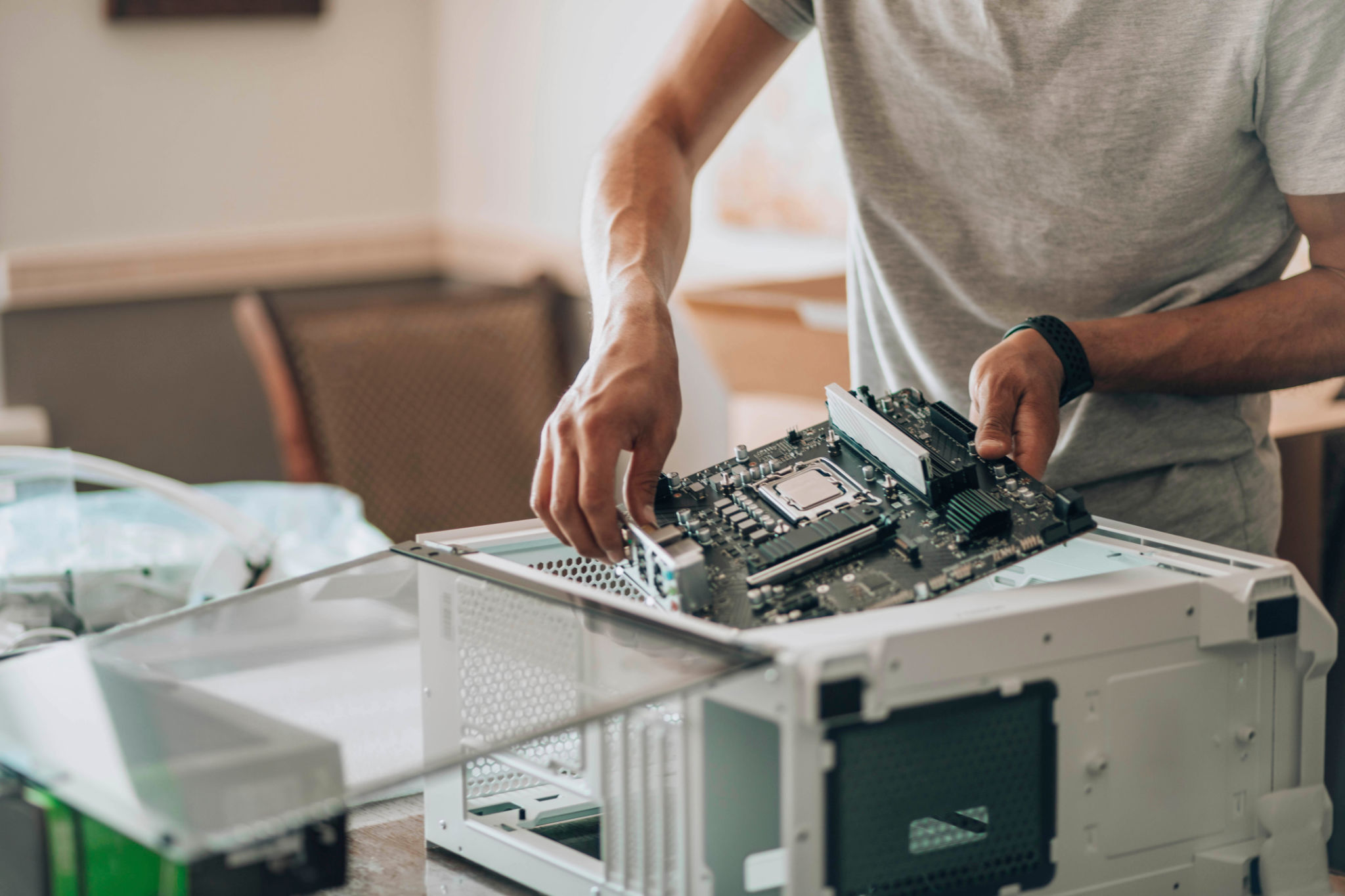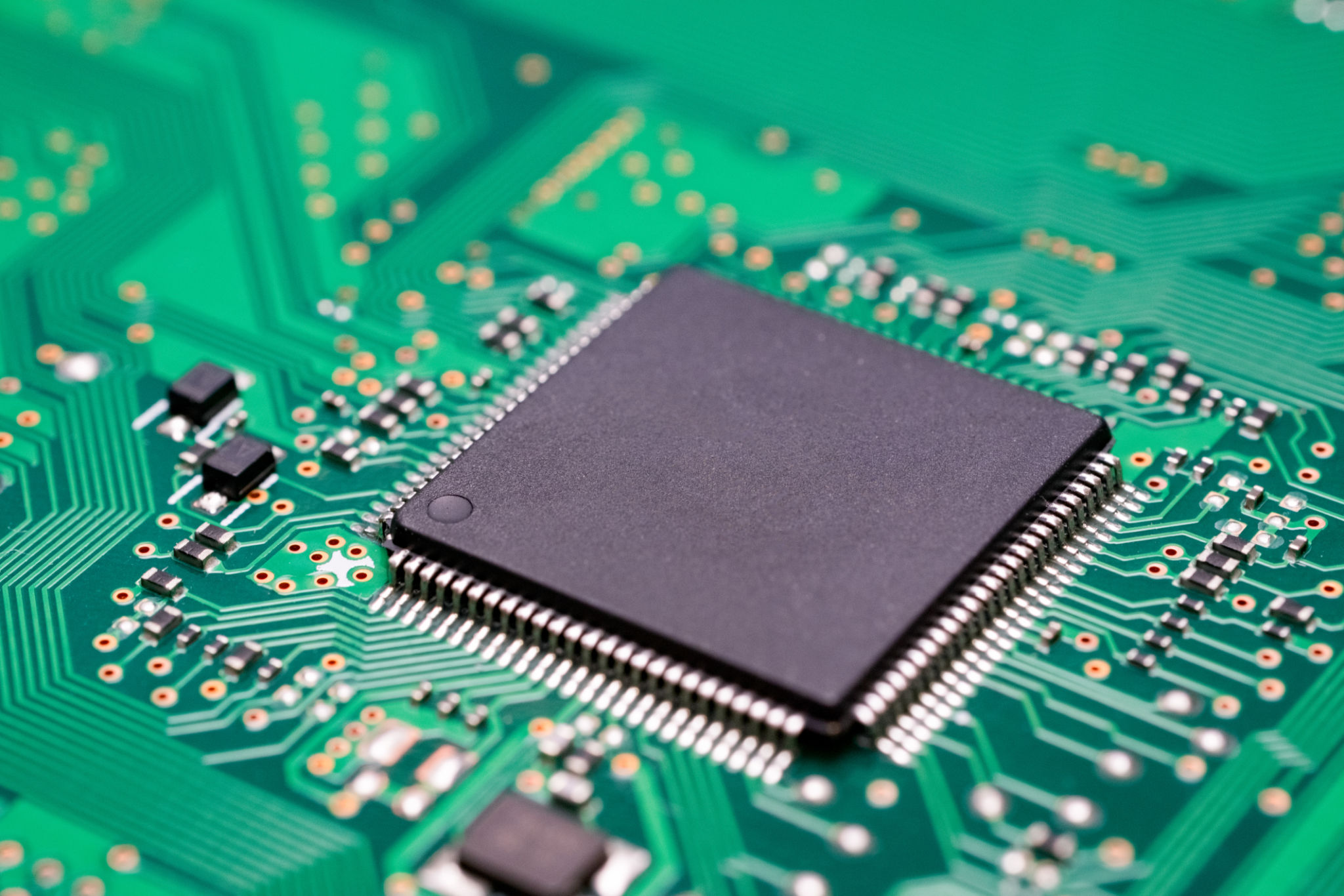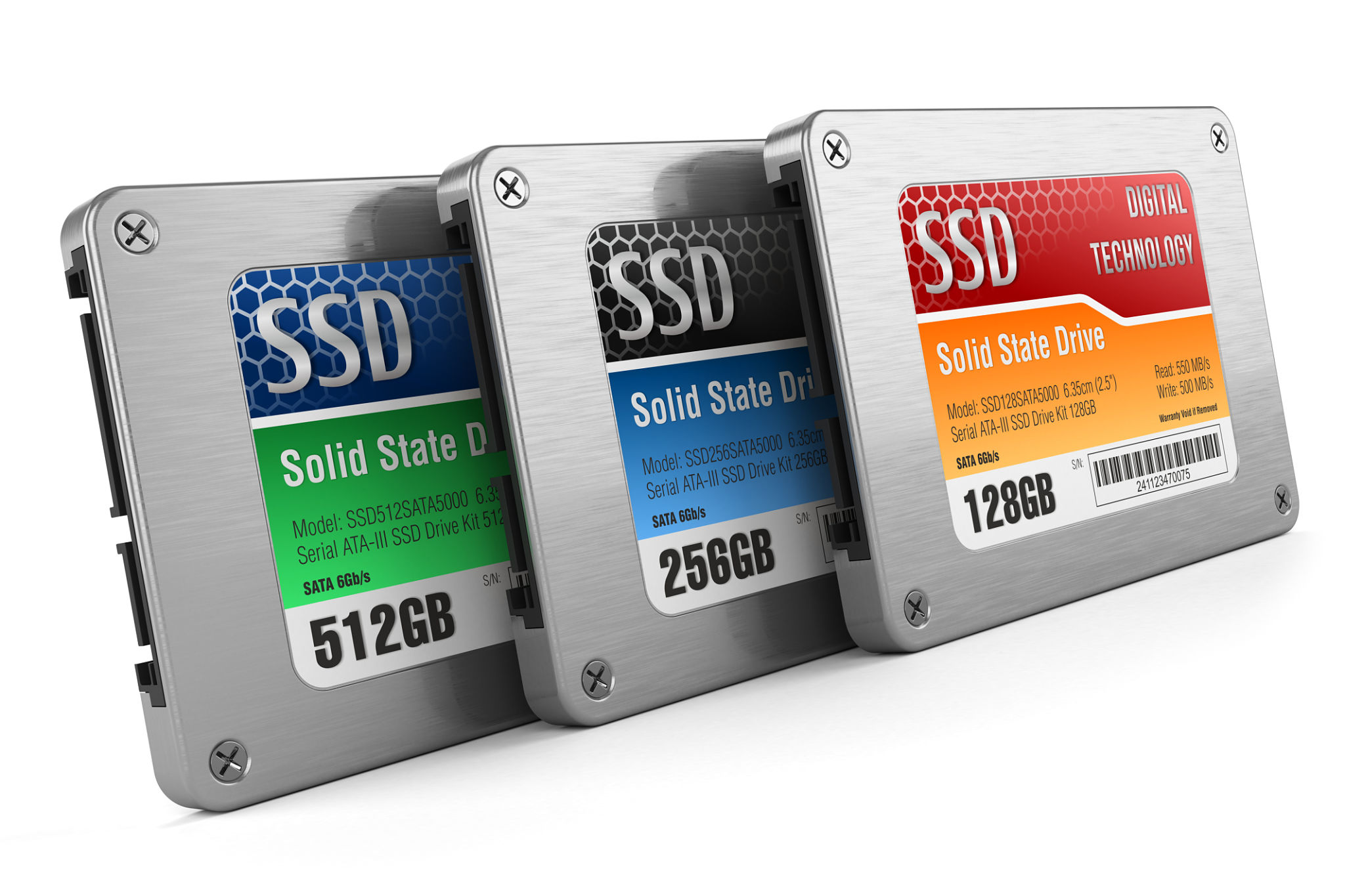Comprehensive Guide to Choosing the Right Hardware for Your Needs
Al
Understanding Your Hardware Needs
Choosing the right hardware for your needs can be a daunting task, especially with the myriad of options available in today's market. Whether you're upgrading an existing system or building a new one from scratch, it's essential to understand what you require to ensure optimal performance. The first step is to assess your specific needs and how you plan to use your hardware.
Consider the primary purpose of your hardware. Are you looking to enhance productivity for work-related tasks, or do you need something robust for gaming or creative projects? Identifying your primary use case will significantly narrow down your choices and guide you towards the most appropriate solutions.

Key Components to Consider
When selecting hardware, several key components should be at the top of your list. The processor, often referred to as the CPU, is the brain of your computer. It dictates how fast and efficiently your system can process data. If you're involved in heavy computational tasks like video editing or 3D rendering, opting for a multi-core processor is advisable.
Another critical component is the RAM. The more RAM you have, the better your system will handle multitasking and memory-intensive applications. For most users, 8GB is a good starting point, but power users and gamers might want to consider 16GB or more.

Storage Solutions
Storage is another vital aspect when choosing hardware. Solid State Drives (SSDs) have become increasingly popular due to their speed and reliability compared to traditional Hard Disk Drives (HDDs). An SSD can significantly reduce boot times and improve overall system responsiveness.
If budget permits, consider a combination of an SSD for your operating system and frequently used applications, alongside an HDD for bulk storage. This hybrid approach can offer both speed and ample storage capacity.

Graphics and Display
Your choice of graphics card, or GPU, will largely depend on your activities. For gaming, video editing, and graphic design, investing in a dedicated graphics card is crucial. These cards can drastically improve rendering times and visual quality.
The display is equally important, as it directly affects your viewing experience. Look for monitors with high resolutions and refresh rates if you're into gaming or graphic design. For general usage, a standard 1080p monitor should suffice.

Peripherals and Accessories
Don't overlook the importance of peripherals when selecting hardware. A comfortable keyboard and mouse can enhance your productivity and reduce strain during long hours of use. Consider ergonomic designs to prevent repetitive strain injuries.
Additionally, if you engage in video conferencing or streaming, investing in a quality webcam and microphone can make a significant difference in your communication clarity.
Budgeting and Future-Proofing
Your budget will inevitably influence your hardware choices. It's vital to find a balance between cost and performance. Invest in components that provide the best value for money while ensuring they meet your current needs.
Future-proofing is another aspect worth considering. Opt for hardware that allows for easy upgrades, such as additional RAM slots or multiple storage bays, so you can extend the lifespan of your system without incurring significant costs down the line.
